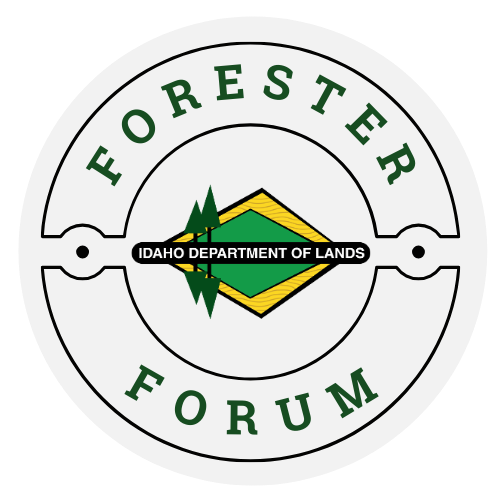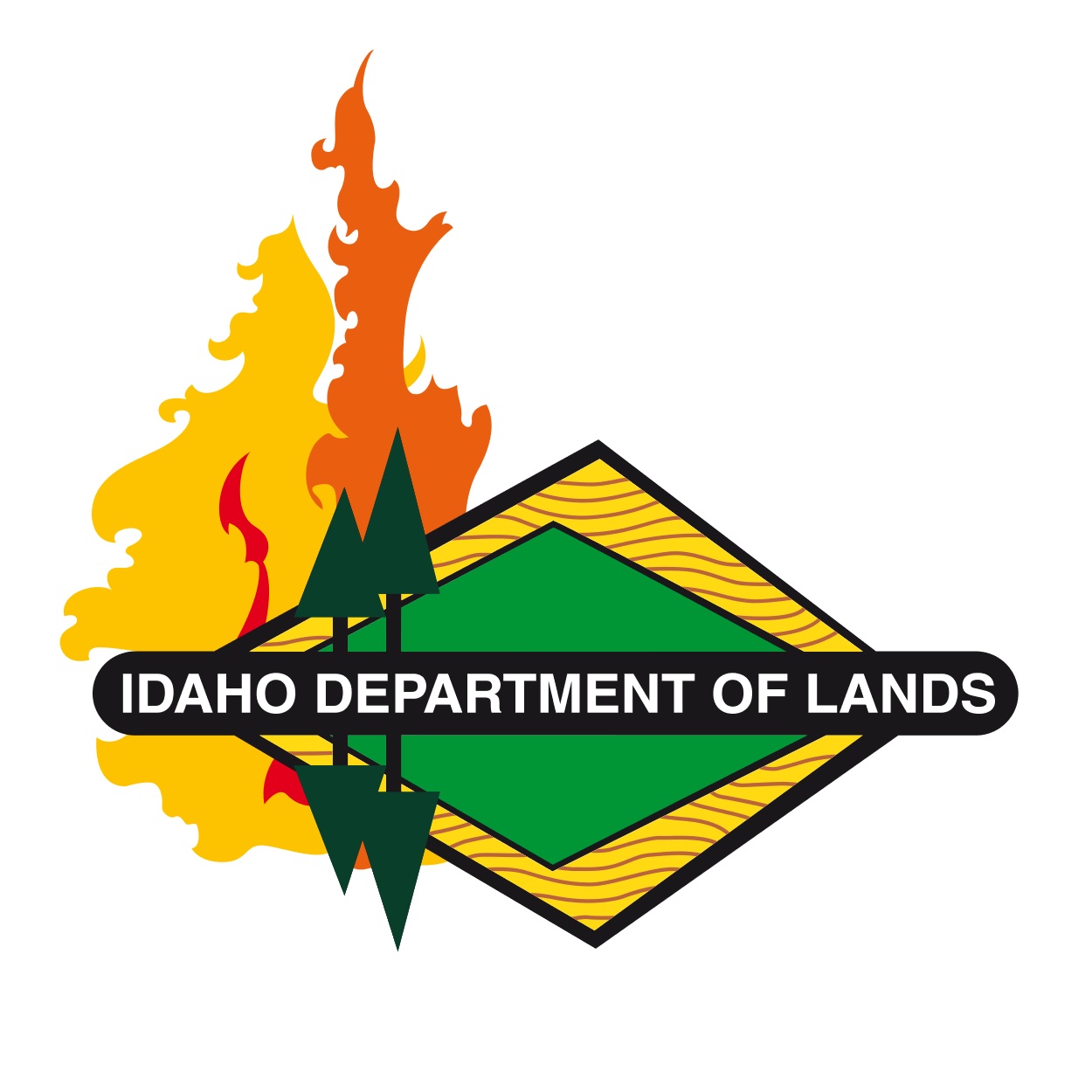Administering a Timber Harvest

Administering a Timber Harvest
In technical terms, timber sale administration is the supervision of harvest activities to achieve silvicultural and economic objectives through sound logging practices and proper log utilization. In plain English, sale administration is telling a logger what you want before it’s too late. Communication and cooperation between a landowner and the logger is crucial. Very often, operators receive no feedback from landowners until a problem arises or the harvest is completed. But loggers need constructive input and criticism all during a harvest so they can adjust to the landowner’s desires. Here are some items to monitor while a harvest is in progress.
Falling Operations
Make sure only designated timber is being harvested. Trees marked reserve or
protected by a diameter limit should be found standing and in good condition when the dust clears. If overcutting is evident, let operators know immediately so they can adjust. Once in a while, it is impossible to avoid cutting or damaging a reserve tree. Be tolerant of an occasional glitch.
Also, determine if enough is being cut. Over the course of a harvest, thousands of board feet can be left in the woods in the form of small merchantable trees or unreasonably high stumps.
Loading Operations
Falling, skidding, and decking a tree does not insure it will get to the mill. Check landing debris and slash piles for merchantable logs and pieces. Mark them for retrieval.
Skidding Operations
Although the right trees are cut, they may not leave the woods. Occasionally a small merchantable tree, log, or chunk is missed or purposely forgotten. Mark any missed piece with flagging or paint. Let operators know they are expected to retrieve missed logs.
Log Quality
Any merchantability and utilization standards outlined in the contract should be consistently met. Examine manufactured logs at the landings. Determine if they are being cut to the required top diameter. Also check the necessity of long butting. Logs do not usually have to be totally free of rot to be merchantable. Contract standards should be met.
Forest Practices Requirements
Anyone conducting a timber harvest needs to be familiar with the rules and regulations of the Idaho Forest Practices Act (FPA). Copies can be obtained from your local IDL Private Forestry Specialist (PFS). Most of the rules protect water quality and land productivity. Normally, random inspections are conducted by the IDL, but a PFS will also visit upon request. The PFS can answer questions, provide assistance, or conduct a joint inspection. FPA rules should be incorporated into the sale contract and enforced.
Slash Disposal
Slash piles need to be relatively free of dirt and in a burnable condition. Have piles located a safe and required distance from green trees, streams, or ponds. If the adequacy of slash disposal is in question, contact your local fire warden or PFS for an inspection or advice.
Development and Other Items
The quality, progress, and completion of development work such as culvert installation, road construction, surfacing, etc. should be checked against the technical specifications of the contract. Also monitor the protection of fences, gates, ponds, roads, and other land improvements. Make sure garbage, filters, cans, etc. are cleaned up and properly disposed.
What about Conflicts?
A conflict can arise even with open communications and active administration. Questions and concerns should be taken to the sale purchaser or whoever is responsible for operations. It’s advisable to resolve any conflict as soon as possible. If an impasse is met, the contract should include provisions to halt operations and arbitrate disputes. Such action can put a damper on cooperation and should only be used as a last resort.
No harvest can be firmly administered without a well written contract. That document serves as the authority on practices, responsibilities, and procedures. A contract enhances sale administration but does not complete it. Administration is looking after a harvest while maintaining open and active communication and cooperation. Administer your harvest to achieve your goals.
For more information, contact your nearest Idaho Department of Lands Supervisory Area.

